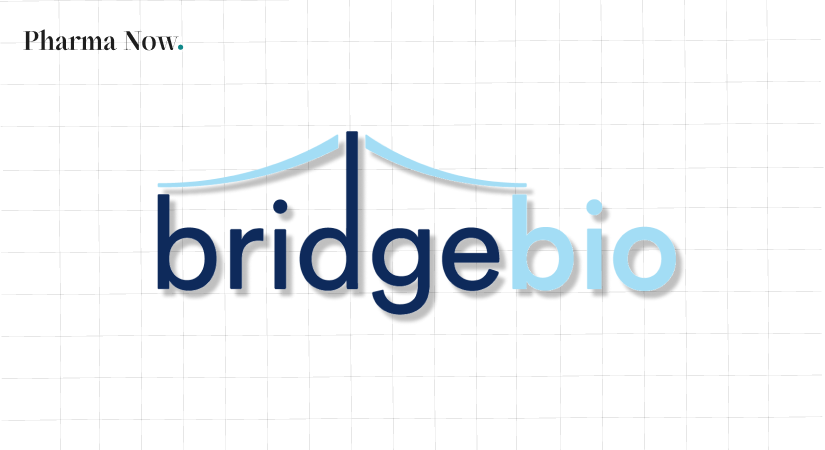BridgeBio’s BBP-418 Achieves Positive Phase 3 Results In Limb-Girdle Muscular Dystrophy
BridgeBio’s Phase 3 FORTIFY trial shows BBP-418 significantly improves motor and lung function in LGMD2I/R9 patients, paving way for 2026 FDA filing.
Breaking News
Oct 28, 2025
Vaibhavi M.

BridgeBio Pharma, Inc. , a biopharmaceutical company dedicated to developing therapies for genetic diseases, announced positive topline results from its Phase 3 FORTIFY trial evaluating BBP-418 in patients with limb-girdle muscular dystrophy type 2I/R9 (LGMD2I/R9). The randomized, double-blind, placebo-controlled study assessed the efficacy and safety of BBP-418, an investigational oral small molecule designed to restore proper glycosylation of alpha-dystroglycan (αDG), a key protein essential for muscle integrity.
"I’m very excited to see that treatment with BBP-418 was associated with clinically meaningful improvements in motor and pulmonary function, along with robust restoration of αDG glycosylation. This is such an important result for individuals living with LGMD2I/R9, which is a progressive muscular dystrophy. The resulting weakness often leads loss of ambulation, need for respiratory support, and need for heart failure medications,” said Katherine Mathews, M.D., Professor of Pediatrics and Neurology at the University of Iowa’s Roy J. and Lucille A. Carver College of Medicine. “To date, there has been no specific treatment. These results bring enormous hope that BBP-418 might change the disease course.”
The interim 12-month analysis showed highly statistically significant and clinically meaningful outcomes. BBP-418 treatment led to a 1.8x increase in glycosylated αDG levels from baseline (p<0.0001) compared to placebo, with improvements sustained at 12 months across various FKRP genotypes. There was also an 82% reduction in serum creatine kinase (CK), indicating reduced muscle breakdown. Functionally, treated patients showed marked improvements in ambulatory function (velocity increase of 0.27 m/s vs placebo; p<0.0001) and pulmonary function (FVC increase of ~5% vs placebo; p=0.0071).
“Living with LGMD2I/R9 is a daily negotiation with limits, and I won’t pretend it’s easy. I’m fiercely independent, but I’m not alone ̶ our community lifts me, and it finally feels like science is catching up to our hope, so we can look ahead with real possibility.” said Dan Pope, an individual living with LGMD2I/R9 and Vice President and Advocacy Director of the CureLGMD2i Foundation.
BBP-418 was well-tolerated with no new safety concerns, supporting a favorable risk-benefit profile. Based on these findings, BridgeBio plans to meet with the FDA later this year to discuss next steps and expects to submit a New Drug Application (NDA) in the first half of 2026. BBP-418 has previously received Orphan Drug, Fast Track, and Rare Pediatric Disease Designations from the FDA, as well as Orphan Drug Designation from the European Medicines Agency (EMA). If approved, BridgeBio may also qualify for a Priority Review Voucher.
“Our heartfelt thanks go out to the individuals in our study, their caregivers, investigators, and study staff who have actively participated in FORTIFY and continue to contribute to this pivotal research. The FORTIFY results reaffirm the power of targeting this genetic disease at its source with relentless focus and compassion,” said Douglas Sproule, M.D., M.Sc., Chief Medical Officer of ML Bio Solutions, a BridgeBio company developing BBP-418 for LGMD2I/R9. “For individuals living with LGMD2I/R9, a condition that slowly takes away the strength, breathing, and independence of an individual, each day matters. We are determined to move swiftly toward filing for approval, so that BBP-418, if approved, can become the first therapy to change the course of this devastating disease.”
